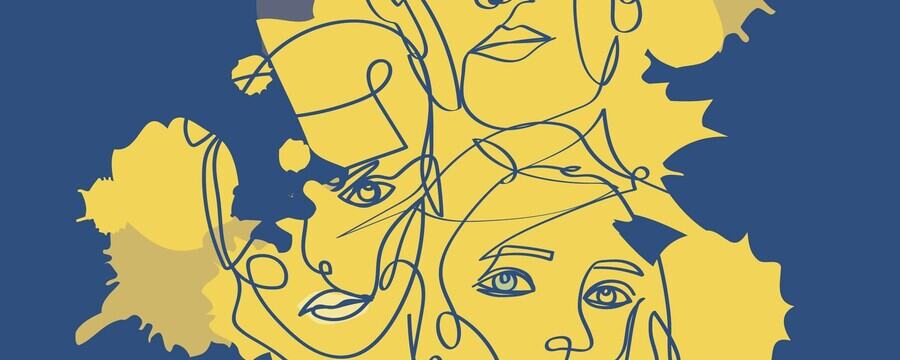Political Homophobia and Global LGBT Rights in Indonesia
Some governments perceive male-male desire as a threat to the state, and implement policies to suppress or even impose bans on homosexuality. Academics call this “political homophobia”.
Please read the article below. These excerpts are from “Behind Political Homophobia: Global LGBT Rights and the Rise of Anti-LGBT in Indonesia,” which is written by Hendri Yulius of Heinrich-Böll-Stiftung South Asia. The author argues that political homophobia is complex in Indonesia because some government offices are actually offering services to LGBT people despite the negative sentiments of the government toward LGBT people.
Introduction
The rise and fall of LGBT issues in Indonesia
The LGBT Globalization and Political Homophobia
Reference
[1] See John Boudreau and Nguyen Dieu Tu Uyen. (2015). Gay weddings planned as Vietnam marriage law is repealed, https://www.bloomberg.com/news/articles/2015-01-07/gay-weddings-planned-as-vietnam-marriage-law-is-repealed.
[2] See Camille Allemia. (2016). After 17 years, LGBT anti-discrimination bill up for Senate debate, http://www.rappler.com/nation/156139-lgbt-anti-discrimination-bill-senate-plenary.
[4] See the UNDP’s Being LGBT in Asia – Thailand, Vietnam, The Phillipines’ Country Reports (2014), http://www.asia-pacific.undp.org/content/rbap/en/home/operations/projects/overview/being-lgbt-in-asia.html
[6] See Hendri Yulius. (2016). Double standards: the defining of homosexuality as pornographic in Indonesia, http://www.thejakartapost.com/academia/2016/10/21/double-standards-the-defining-of-homosexuality-as-pornographic-in-indonesia.html; Hendri Yulius. (2016). LGBT goes to campus: What’s the big deal?, http://www.thejakartapost.com/news/2016/01/26/lgbt-goes-campus-what-s-big-deal.html.
[21] This term refers to “men who have sex with other men, but do not label themselves as gay”. It is commonly used in public health, particularly HIV and other STD-related discourses.
[22] As I argued in The War on Homosexuality, the idea of “sexual rights” is still foreign to Indonesian society. Further, “The globalization of sexual identity politics and related rights has condensed varieties of same-sex or non-normative sexual desires and practices into one category — ‘LGBT’. This consequently sees the emergence and universalization of LGBT identities. And when sexualities become identities, they are imbued and entangled with citizenship rights, which in turn gave birth to the notion of sexual rights and citizenship”.
[23] See Hendri Yulius. (2016). Overcoming the catch-22: reflection of the current anti-LGBT hysteria in Indonesia, http://www.huffingtonpost.com/hendri-yulius/overcoming-the-catch22-a-_b_9589264.html.
[24] In The emergence of political homophobia in Indonesia: masculinity and national belonging (2004),
Tom Boellstorff argued that political homophobia (and/or homophobic violence) is seen as “the properly masculine response to these events [which] indicates how the nation may be gaining a new masculinist cast. In the new Indonesia, male–male desire can increasingly be construed as a threat to normative masculinity, and thus to the nation itself”. However, in this article, I reveal that political homophobia is more complex that just restoring masculinist ideas to the nation.
[25] See Hendri Yulius. (2017). Moral Panic and the Reinvention of LGBT. http://indonesiaatmelbourne.unimelb.edu.au/moral-panic-and-the-reinvention-of-lgbt/
The full article is available on: https://th.boell.org/en/2017/06/16/behind-political-homophobia-global-lgbt-rights-and-rise-anti-lgbt-indonesia
Share this
Global Intimacies: Sex, Power, Gender and Migration

Global Intimacies: Sex, Power, Gender and Migration


Reach your personal and professional goals
Unlock access to hundreds of expert online courses and degrees from top universities and educators to gain accredited qualifications and professional CV-building certificates.
Join over 18 million learners to launch, switch or build upon your career, all at your own pace, across a wide range of topic areas.
Register to receive updates
-
Create an account to receive our newsletter, course recommendations and promotions.
Register for free







